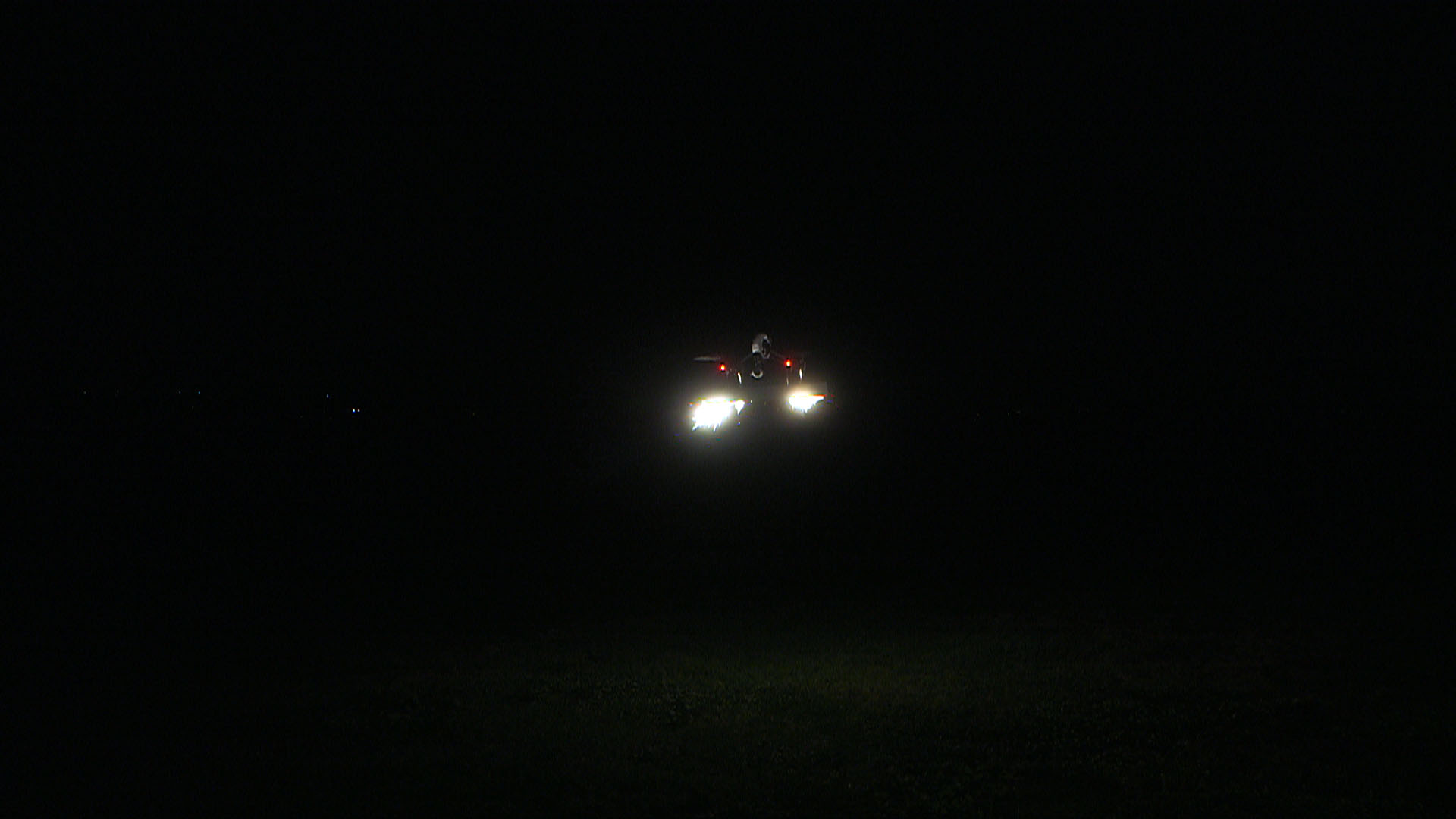Crisis Goes Viral
Videos from the event will be available online until July 19
Programme
Pauline Julier & Nicolas Chapoulier
Videos from the event will be available online until July 19
Crisis Goes Viral – Coronavirus and Global Response
The coronavirus is turning our world upside down and puts to a hard test not only our way of living but also the very essence of being human. Recently, many commentators have therefore equated the pandemic to a global crisis that will change our lives forever. The outcome is unclear but very much depends on the choices that we make right now and those in the weeks and months to come.
The keyword is ‘crisis’, which indicates the gravity of the situation. However, in contemporary usage the term seems to have lost a lot of its urgency – perhaps due to its ubiquity in political and economic discourse. Almost every occasion is presented as a crisis giving the impression of immediacy, even if the terminology is oftentimes deployed to meet specific ideological ends. Taken from the ancient Greek, a crisis originally called for a definitive, irrevocable decision and implied sharp alternatives articulating themselves along the dividing lines of, amongst other things, success and failure, life and death, or salvation and damnation. As such, the term had over the centuries medical, theological, political, economic, and historical implications that merit reconsideration.
At the backdrop of the present situation, only weeks after the coronavirus has swept the nations, Istituto Svizzero invites to a digital reflection about the meaning and manifestations of crisis: what does crisis mean? What are its hallmarks? And what emerges from a state of crisis?
15 June 2020, H18:00
The Nature of Crisis
The conversation delves into the nature of crisis looking at both its conceptual and experiential horizons. Reflecting on the history of thought and taking up specific historical examples of crisis situations, the discussion assesses the explanatory power of the terminology involved at the backdrop of current events.
Lorraine Daston, historian and director emerita of the Max Planck Institute for the History of Science, in conversation with Dario Gentili, philosopher at the Roma Tre University and author of Crisi come Arte di Governo (2018).
The conversation will be moderated by Barbara Bleisch, Philosopher and Journalist, Swiss Radio and Television SRF.
16/17 June 2020, H18:00
Live webinar
COVID-19: in the Midst of a Global Crisis
The live conference proposes a preliminary assessment of the global impact that COVID-19 has had on society. In particular, the discussion centers on the ramifications of the pandemic for international mobility, democracy, economic stability, and environmental issues.
Part 1: Mobility and Environment
–Lorenzo Piccoli, NCCR On-the-Move, University of Neuchatel, and research associate at European University Institute EUI
Did the pandemic fundamentally alter the global regime of mobility?
–Francesca Costabile, Atmospheric Science and Health Effects, CNR Istituto di Scienze dell’Atmosfera e del Clima
Does Air Pollution Influence COVID-19 Outbreaks?
Part 2: Democracy and Economics
– Marco Magnani, Economist, LUISS University Rome and Harvard Kennedy School
Sailing through uncharted waters: how will the world (and the economy) change after the virus?
–Denise Traber, Department of Social Sciences, University of Basel
The political consequences of economic crises: Some comparisons between the COVID-19 pandemic and the Great Recession
18 June 2020, H18:00
Tout Ira Bien
Video by Pauline Julier & Nicolas Chapoulier (8’55, 4K, colour, loop, February 2020 Production – Fonds Cantonal d’Art Contemporain Geneva for MIRE Program)
Pauline Julier is artist and filmmaker currently in residence at the Istituto Svizzero. Her films and installations have been screened in contemporary art centers, institutions and festivals around the world, including the Center Pompidou (Paris), Loop (Barcelona), Visions du Réel (Nyon), Tokyo Wonder Site (Tokyo), Museum of Modern Art in Tanzania, Geneva Art Center, Palazzo Grassi (Venice), ZKM (Karlsruhe), New York, Madrid, Berlin, Zagreb, Toronto Cinémathèque, the Pera Museum in Istanbulor the Centre Culturel Suisse in Paris.
19 June 2020, H18:00
Negotiating Crisis
The conversation takes a look into the immediate future assessing the challenges and opportunities posed by the COVID-19 pandemic: what can we learn from the current crisis? How do we in future position ourselves as a society with a view to questions of social equality, freedom of movement, democracy, technologization, and sustainable development?
Hartmut Rosa, sociologist at the Friedrich Schiller University of Jena and author of Alienation and Acceleration (2010), in conversation with Harald Welzer, social psychologist and director of the non-profit organization Futurzwei for a sustainable and open society.
The conversation will be moderated by Barbara Bleisch, Philosopher and Journalist, Swiss Radio and Television SRF.

Pauline Julier & Nicolas Chapoulier, 'Tout Ira Bien', 2020. Film still. © Pauline Julier